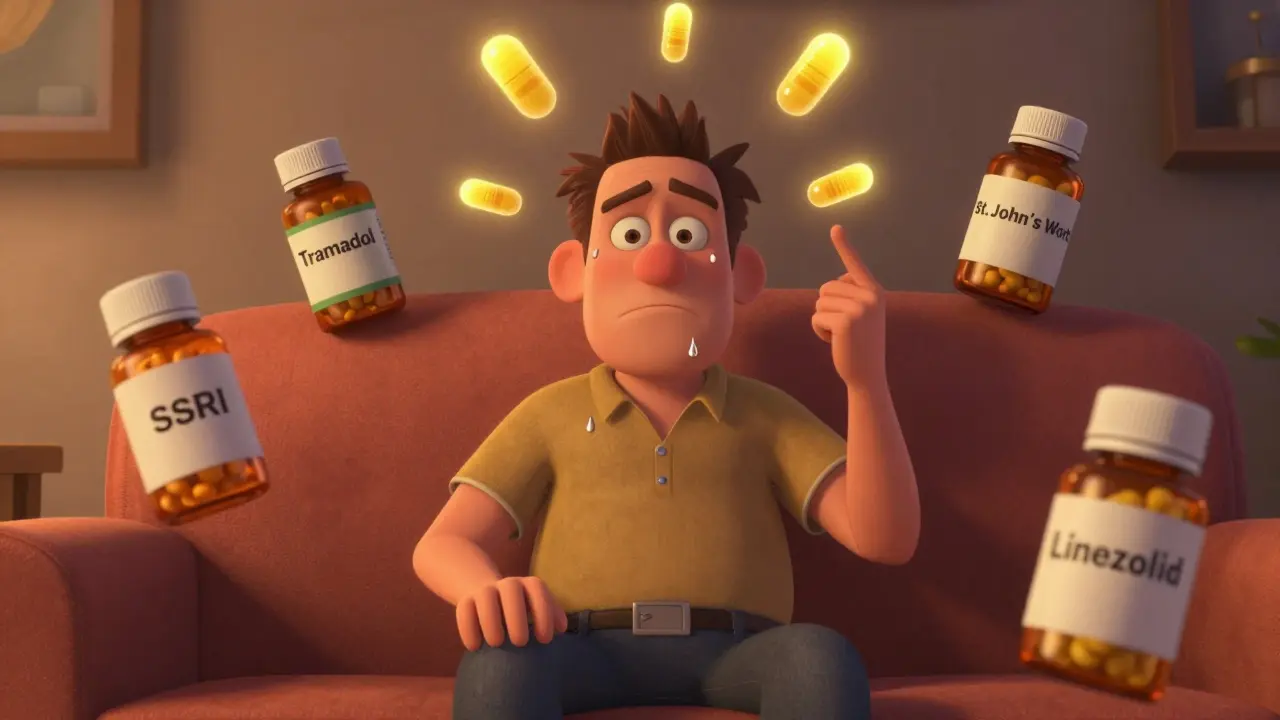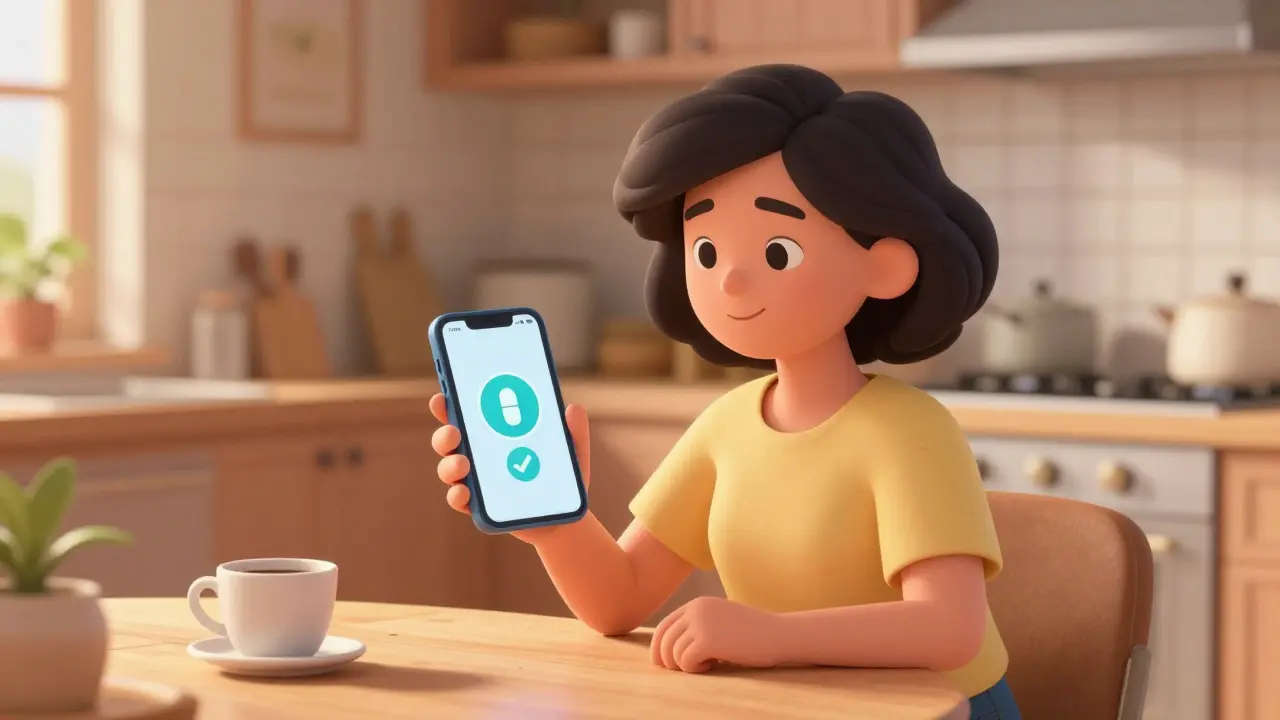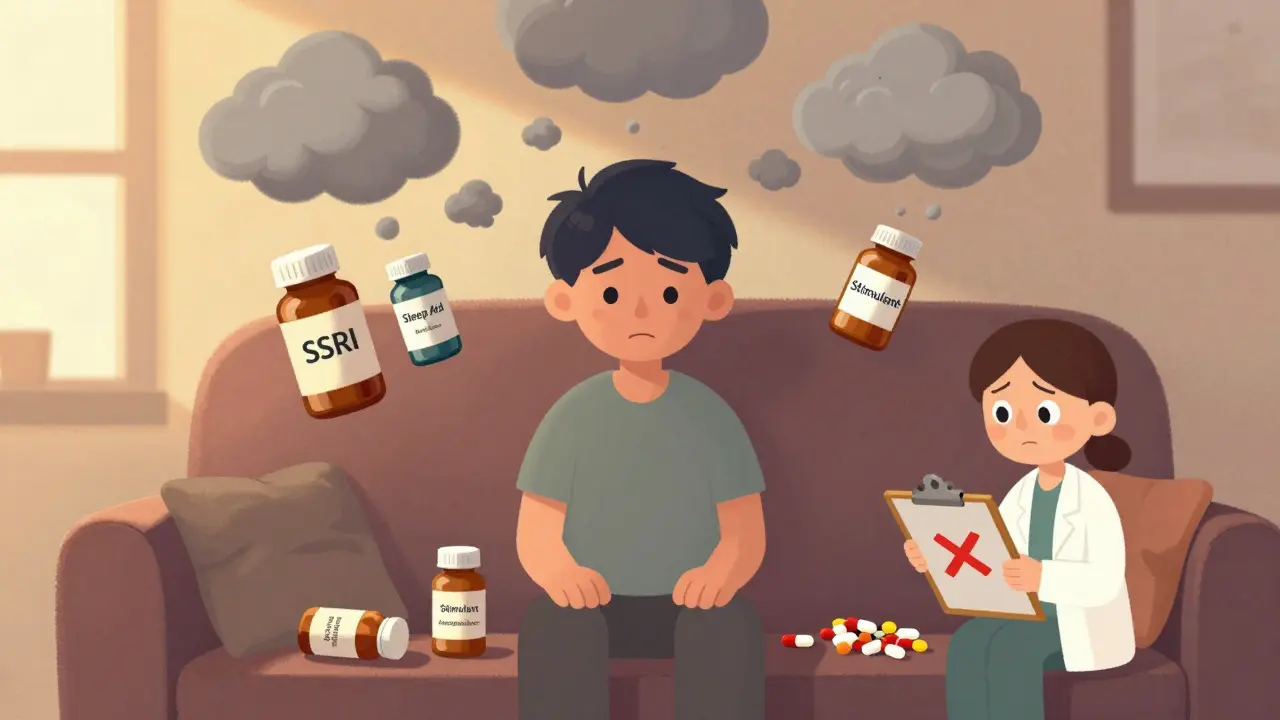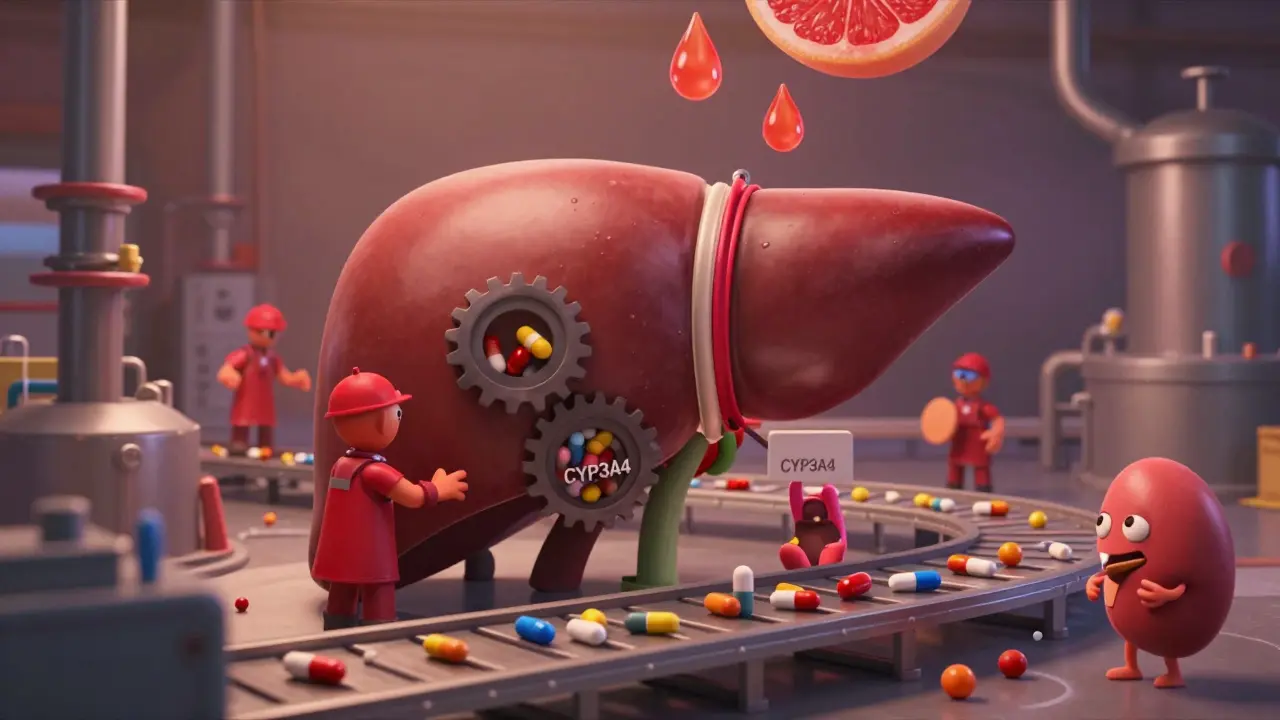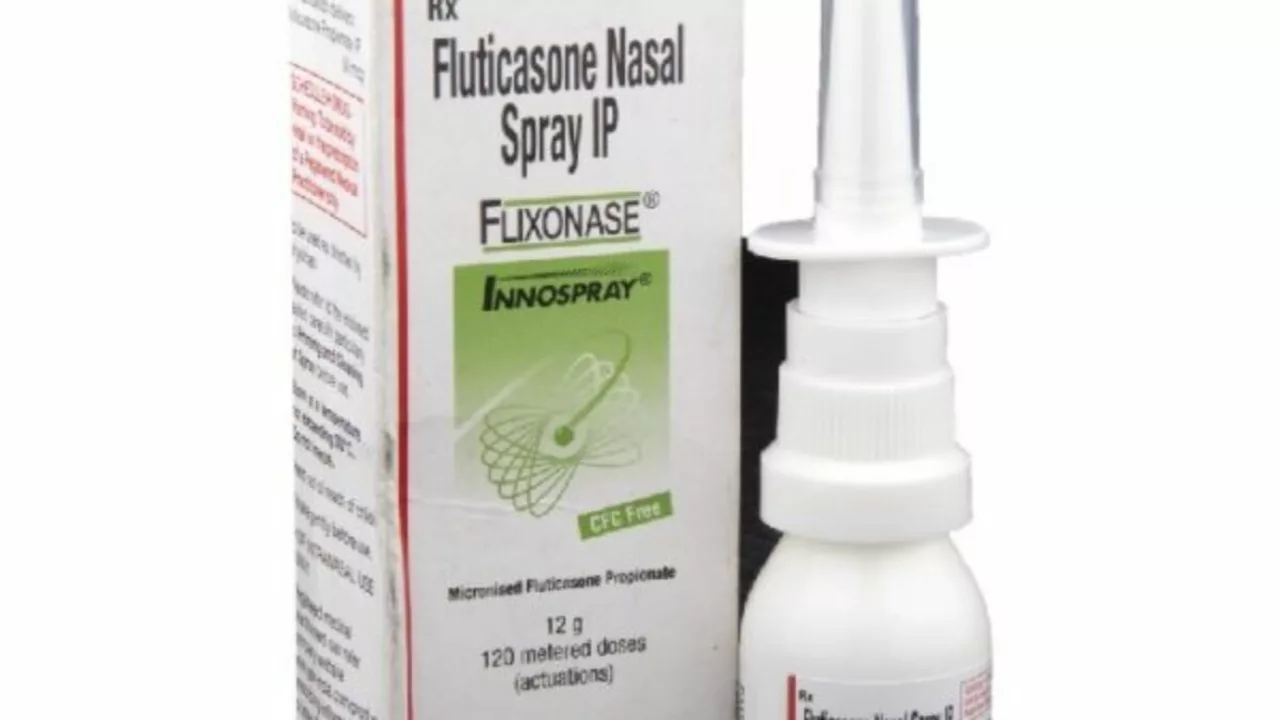Drug Interactions: Simple Ways to Stay Safe with Your Meds
Mixing medicines, supplements, or even foods can change how a drug works. Some mixes make a medicine weaker. Others make side effects much worse. You don’t need to memorize every interaction—use a few simple checks and ask your pharmacist when in doubt.
Common interaction groups you should know
Grapefruit and certain cholesterol drugs: Grapefruit juice can boost levels of some statins and other drugs, so you might get stronger effects or more side effects. If your statin isn’t grapefruit-friendly, ask your provider about alternatives like pravastatin or rosuvastatin.
Blood thinners and NSAIDs: Taking ibuprofen or aspirin with warfarin or newer anticoagulants raises bleeding risk. If you need pain relief, check safer options with a pharmacist.
Heart and blood pressure meds: Combining multiple BP drugs, diuretics like Lasix (furosemide), or beta-blockers can drop blood pressure or affect electrolytes. Tell your doctor about dizziness, muscle cramps, or fast heartbeat after any change.
Antibiotics and other treatments: Some antibiotics interact with heart meds, blood thinners, or seizure drugs. Metronidazole can affect alcohol tolerance and increase bleed risk with warfarin. Always check the label and ask before mixing antibiotics with other prescriptions.
Antidepressants and sexual health meds: Some antidepressants plus drugs for erectile dysfunction or premature ejaculation can raise side-effect risk. If you’re on medicines for mood and sexual health, review interactions carefully.
How to check and avoid risky mixes
Keep a single, up-to-date list of everything you take: prescriptions, OTC drugs, vitamins, and herbal supplements. Show that list to every provider and to your pharmacist.
Use trusted tools: pharmacy apps and official drug interaction checkers help spot common problems quickly. But these tools aren’t perfect—talk to a pharmacist if the checker shows a serious alert.
Ask the pharmacist three quick questions: Can I take this with my other meds? Any foods or drinks to avoid? What side effects mean I should stop and call my doctor? We answer these fast at Shiner Family Pharmacy.
Don’t stop medications on your own. If you suspect an interaction, call your prescriber or pharmacist first. Suddenly stopping some drugs can be risky.
Be careful with online pharmacies and unknown suppliers. If a source seems off, run it by your pharmacist before buying—fake or incorrect products raise interaction risks because ingredients may differ.
Want a free interaction check? Bring your pill bottles or your list to Shiner Family Pharmacy. We’ll review potential problems, suggest safer alternatives, and help you feel confident about your treatment.
